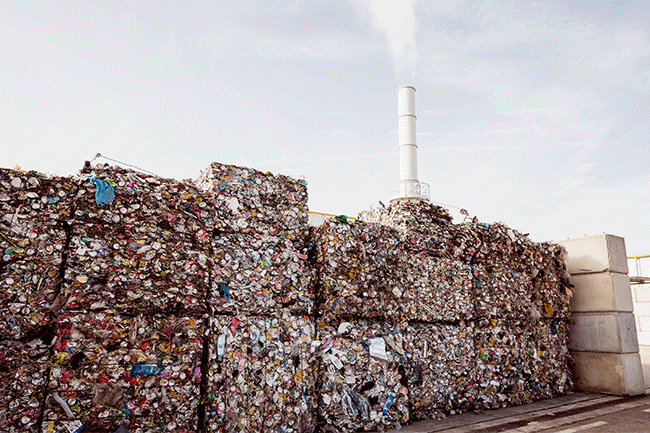A new energy-from-waste project being established in Togo’s western Klono region is expected reduce the West African country’s carbon footprint by an estimated 260 000 tons of CO2 by 2030.
The three-phase project, which includes setting up a waste-collection system, a technical landfill (LET) using biogas-recovery technologies, and a power plant to produce electricity from biogas and solar energy, will be run by Biothermica of Canada, but it is expected to bring economic benefits to the region and create local employment opportunities.
As reported by technology site LeLezard, Biothermica will transfer technology and expertise to local NGO Bioenergy Togo, which will own the LET and lead the waste-collection and landfill operations. The project is being subsidised with US$500 000 from the Quebec government, under its International Climate Co-operation programme, which aids francophone countries in Africa and elsewhere in their efforts to adapt to the impacts of climate change and limit their greenhouse-gas emissions.
It is anticipated that the project’s operating costs will be self-financed after five years.


